Home » Services » Tax Resolution »
Audit Representation
What is Tax Audit Representation?
Tax audit representation, also called audit defense, is a service where a qualified tax or legal professional represents you during an IRS or state tax audit. Instead of dealing directly with the IRS or other taxing authority yourself, your audit representative communicates and negotiates on your behalf.
During an income tax audit, both the IRS and state agencies allow taxpayers to have authorized representation. Only certain professionals are permitted to practice before the IRS, including:
- Tax Attorneys: Licensed lawyers who can represent you in all audit matters and, if necessary, in court.
- Certified Public Accountants (CPAs): Financial professionals licensed at the state level who specialize in tax compliance and strategy.
- Enrolled Agents (EAs): Federally authorized tax practitioners who are licensed by the IRS and can represent taxpayers nationwide.
These professionals must be granted power of attorney (IRS Form 2848) before they can act on your behalf.
A tax audit representative handles every aspect of your audit process, from strategy to communication. Their responsibilities often include:
- Reviewing your tax return and identifying areas the IRS may question
- Gathering and organizing documents requested by the IRS or state
- Communicating directly with the auditor to present your case
- Attending meetings and responding to correspondence on your behalf
- Negotiating adjustments and working toward the most favorable resolution possible
Even though some audits are straightforward, having a qualified tax representative shows you take the audit seriously and can lead to a more efficient, positive resolution by bringing expertise, objectivity, and credibility to your communications with the IRS.
What Happens If You Get Audited?
Getting audited doesn’t always mean you did something wrong; audits can be triggered by factors like unreported income, miscalculated deductions, or data entry errors. Typically, you’ll first receive a letter explaining the tax year under review and requested information. Most audits are conducted by mail, where the IRS may ask for receipts, bank statements, or other proof, though some audits require in-person meetings with an IRS agent.
Once the audit is complete, the IRS will issue its findings, including any taxes or penalties owed. You always have the right to appeal, and in many cases the IRS is open to negotiating a settlement to avoid a lengthy dispute. This is where strong audit representation matters. An experienced tax audit representative knows how to navigate appeals, push for favorable terms, and often resolve cases before they ever reach court. Going through an IRS audit without receipts or documentation? Check out our blog article: IRS Audits with No Receipts. Now What?
Whatever you do, don’t ignore your IRS letters and notices.
The worst thing you can do is ignore the IRS. Unanswered notices won’t simply disappear. It’s important to respond quickly, but if you need extra time to collect the right paperwork, you or your tax audit representative can request an extension. Asking for an additional two weeks is generally considered a reasonable request and is often granted by IRS agents.
IRS Audit Selection Process
Many taxpayers are surprised to learn that being selected for an IRS audit doesn’t necessarily mean they’ve done something wrong. In fact, most audits are triggered automatically through IRS systems designed to detect unusual or inconsistent reporting. Understanding how the IRS selects returns for audit can help taxpayers stay compliant and reduce the chances of being flagged.
The IRS uses several methods to choose which tax returns to audit:

Computer Scoring Systems (DIF and UIDIF)
The IRS relies on automated scoring systems like the Discriminant Inventory Function (DIF) and Unreported Income DIF (UIDIF) to evaluate the likelihood of errors on tax returns. Higher scores indicate a greater potential for inaccuracies, prompting further review.
Random Selection
Some returns are chosen purely at random as part of the IRS’s compliance research program. While rare, these audits help the IRS refine its models and understand broader filing trends.
Document Matching Errors
If information reported on your return doesn’t match third-party documents (such as W-2s, 1099s, or mortgage interest statements), your return may be flagged for further examination. These mismatches are one of the most common audit triggers.
Related Examinations
If your business partner, employer, or a related entity is under audit, your return might also be reviewed as part of a broader investigation to verify consistency and accuracy across connected parties.
Red Flags in Deductions or Income Reporting
Claiming unusually high deductions relative to your income, reporting large business losses over multiple years, or failing to report all taxable income can increase the likelihood of an audit.
Whistleblower Tips and Referrals
The IRS also investigates tips submitted by whistleblowers or referrals from other government agencies, especially in cases involving suspected fraud or significant underreporting.
Although the audit selection process is driven largely by algorithms and data analysis, the consequences can still be serious. That’s why it’s important to maintain organized records, file accurate returns, and work with a tax professional if you’re ever contacted by the IRS. Understanding how audits are triggered can empower you to file with confidence and reduce the risk of unwanted scrutiny.
Do You Need Tax Audit Representation?
Not every audit requires outside help. In many cases, the IRS simply wants a missing form or extra proof of a deduction, which you can usually provide on your own. If it’s a straightforward request and you have the paperwork ready, you may not need professional representation at all.
But when things get more complicated, like struggling to track down records, facing larger tax issues, or being asked to meet with an IRS agent in person, professional representation can give you real peace of mind. A qualified tax professional can step in with power of attorney, communicate directly with the IRS, and present your information in a way that agents prefer: clear, organized, and professional. Having someone on your side not only eases the stress of the process but also helps ensure the best possible outcome for your case.
Benefits of Hiring a Tax Audit Representative
Facing an IRS audit can be overwhelming, especially if you’re unfamiliar with tax law or unsure how to respond to IRS inquiries. Hiring a qualified tax audit representative, such as a CPA, Enrolled Agent, or Tax Attorney, provides expert guidance and ensures that your rights and finances are protected throughout the process. IRS tax audit representation helps mitigate risks associated with IRS audits and ensures adequate representation during the audit process.
One of the most valuable aspects of working with a representative is that they handle all communication with the IRS on your behalf. This helps prevent misunderstandings or unintentional disclosures that could negatively impact your case. Your representative also manages the paperwork, deadlines, and meeting schedules, easing your stress and giving you more time to focus on your personal or professional obligations.
Perhaps most importantly, a skilled audit representative can help you achieve a better resolution to your audit. Benefits may include:
Reduced or Eliminated Penalties
Audit representatives understand how to request penalty abatement and demonstrate reasonable cause, which can result in partial or full relief from IRS-imposed fines.
Negotiated Payment Plans or Settlements:
If you can’t pay your full tax bill, your representative can negotiate with the IRS to establish an installment agreement or pursue an Offer in Compromise.
Communication Handling:
Your tax audit representative serves as a direct line to the IRS or state, preventing misunderstandings and ensuring accurate information is conveyed throughout your audit.
Minimized Tax Liability:
By identifying legitimate deductions, correcting errors, and clarifying reporting discrepancies, a representative may be able to reduce the overall amount you owe.
Improved Compliance & Documentation:
Audit professionals know exactly what records the IRS needs and how to present them in a clear, organized manner. This boosts your credibility and reduces the chance of additional scrutiny.
Help with IRS Appeals:
Experienced tax representatives can help navigate IRS appeals and negotiate tax settlements, often resolving cases before they ever reach court.
Important Takeaways About Audit Representation
Working with a tax audit representative not only protects you during the audit but can also help prevent future issues by ensuring your records and reporting are accurate moving forward. Their strategic approach and advocacy can make a significant difference in both the outcome of your audit and your overall financial peace of mind. Remember, hiring professional tax audit representation is not an indication that you’ve done something wrong; it signifies that you take the audit seriously.
Get Tax Audit Representation from Optima Tax Relief
Receiving a letter that your tax return has been selected for an audit can feel overwhelming, but it doesn’t have to be. Whether it’s a personal or business tax audit, having an experienced audit representative on your side can make all the difference. Even if you believe you’ve done nothing wrong, we strongly recommend against handling the audit on your own.
Why Professional Audit Representation Matters
Our team has extensive experience representing clients in both IRS and state tax audits. For personal audits, returns are often selected for statistical reasons, not because of wrongdoing. We act as a buffer between you and the IRS, handling communications and ensuring your rights are protected every step of the way. For business audits, representation is especially important. You should know your rights before allowing agents to take records, access computers, or enter your workplace.
How We Protect You During an Audit
From preparing your case to attending audit meetings on your behalf, we position you for the best possible outcome. If documents are missing, we help gather and organize the evidence you need. Our knowledge of tax law and audit procedure allows us to negotiate effectively, reduce stress, and protect your financial interests. Choosing the right IRS audit representative ensures that your case is handled professionally and that you have an advocate fighting for your rights.
We Know How to Talk to the IRS
Fewer than 2% of audits are random. Most happen because the IRS has specific questions about your tax return and requests forms or receipts to verify details. Your job is to provide exactly what’s asked for and answer honestly, as this is your chance to show your return is accurate. At the same time, avoid oversharing, since unnecessary information can complicate your case. A qualified tax audit representative can help you stay focused, provide the right documentation, and ensure the process runs smoothly.
Frequently Asked Questions About IRS Audits
Can I get audited even if I use tax software or a professional preparer?
Yes. While using tax software or a professional reduces the chance of errors, it doesn’t eliminate the risk of an audit. The IRS may still flag returns due to mismatched documents, high-risk deductions, or random selection.
How long does the IRS have to audit my return?
Typically, the IRS has up to three years from the date you filed your return to initiate an audit. However, this period can extend to six years or more if substantial underreporting or fraud is suspected.
What happens if I ignore an IRS audit notice?
Ignoring an audit notice can lead to serious consequences, including the IRS adjusting your return in their favor, issuing penalties, or starting enforced collection actions like wage garnishment or levies.
Will hiring a representative make the audit go away?
While a tax professional can’t stop the IRS from auditing your return, they can manage the process, protect your rights, and work toward a more favorable outcome by addressing issues efficiently and accurately.
Can I be audited for previous years that were already reviewed or amended?
Yes. Even if a prior year was amended or partially reviewed, the IRS may still audit that year if they believe there are outstanding concerns or connections to current findings.
Does the IRS audit small business owners more frequently?
Self-employed individuals and small business owners often face higher audit rates due to the complexity of deductions and income reporting. Industries with high cash flow are particularly scrutinized.
If I get audited once, am I more likely to be audited again?
Not necessarily. However, if the IRS discovers serious compliance issues or patterns of underreporting during an audit, they may continue to monitor your returns more closely in the future.
Optima Tax Relief, LLC is a tax resolution firm independent from the IRS. This content is made available for informational and educational purposes only. Nothing included in the content should be taken as a guarantee, warranty, prediction, or representation about your specific situation. This content is not intended to be a substitute for professional advice and services. We encourage you to consult with a tax professional to discuss your specific tax matters. Individual results may vary. We do not provide tax, financial, bankruptcy, accounting, or legal advice and nothing contained in this content is intended nor shall be construed as such.
State & IRS Audit Blogs
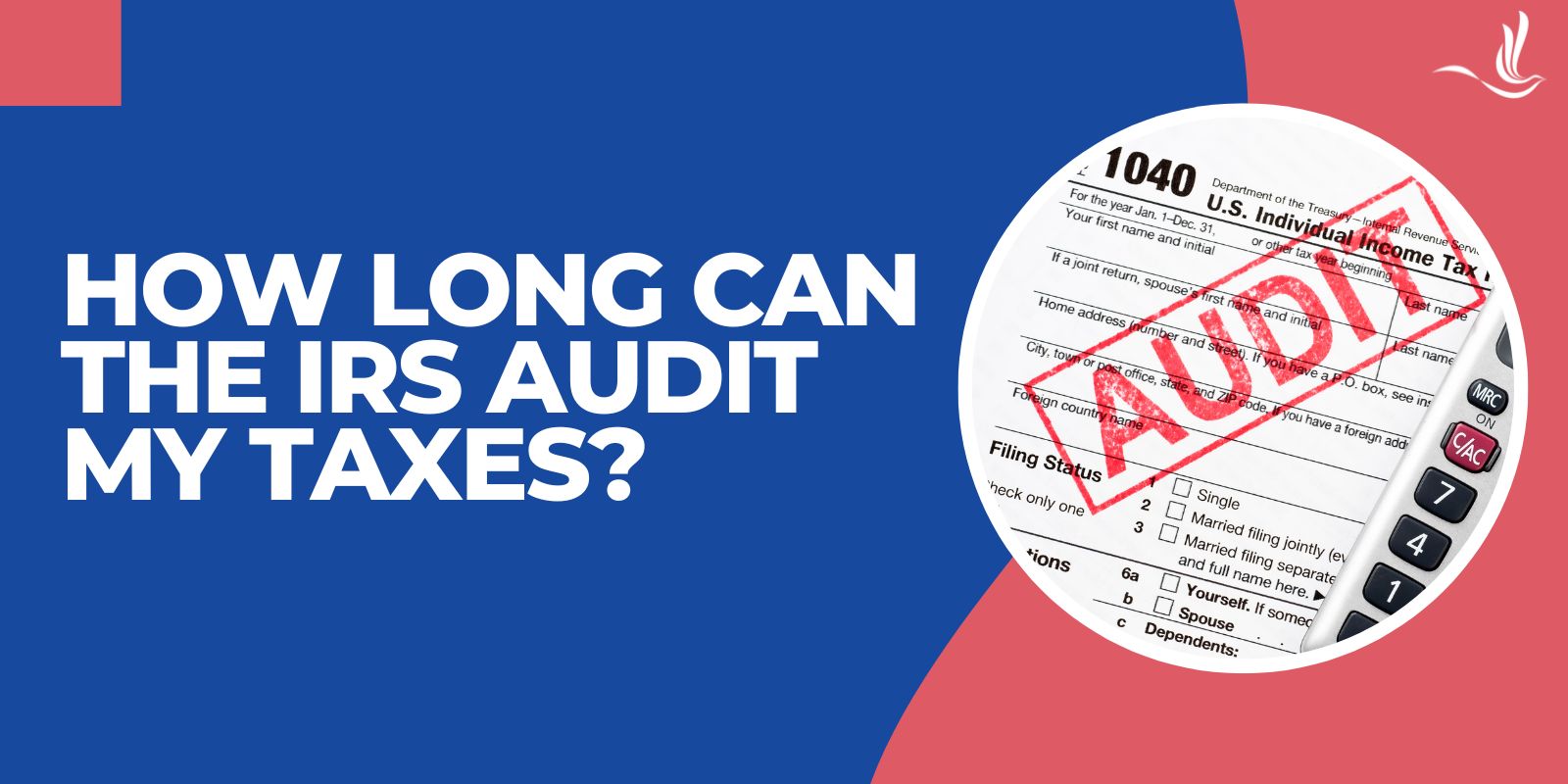
How Long Can the IRS Audit My Taxes?
Most people don’t realize is that there is a timeframe for how long the IRS can audit an individual. This timeframe is known as the audit statute of limitations.
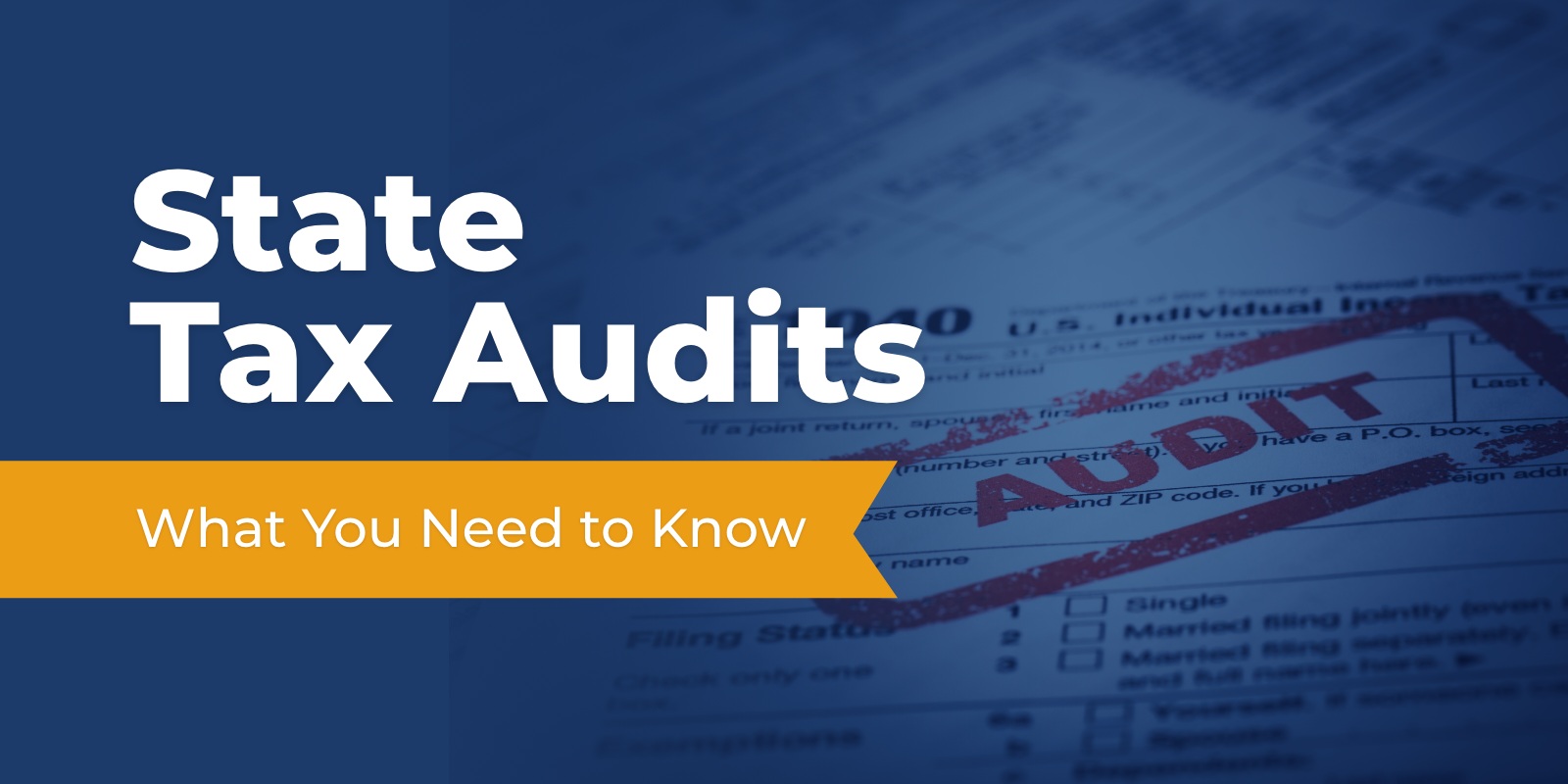
What You Need to Know About State Tax Audit
Like an IRS audit, state tax audits can be stressful and intimidating for taxpayers. But what triggers a state tax audit? Would a state tax audit result in an automatic IRS audit?
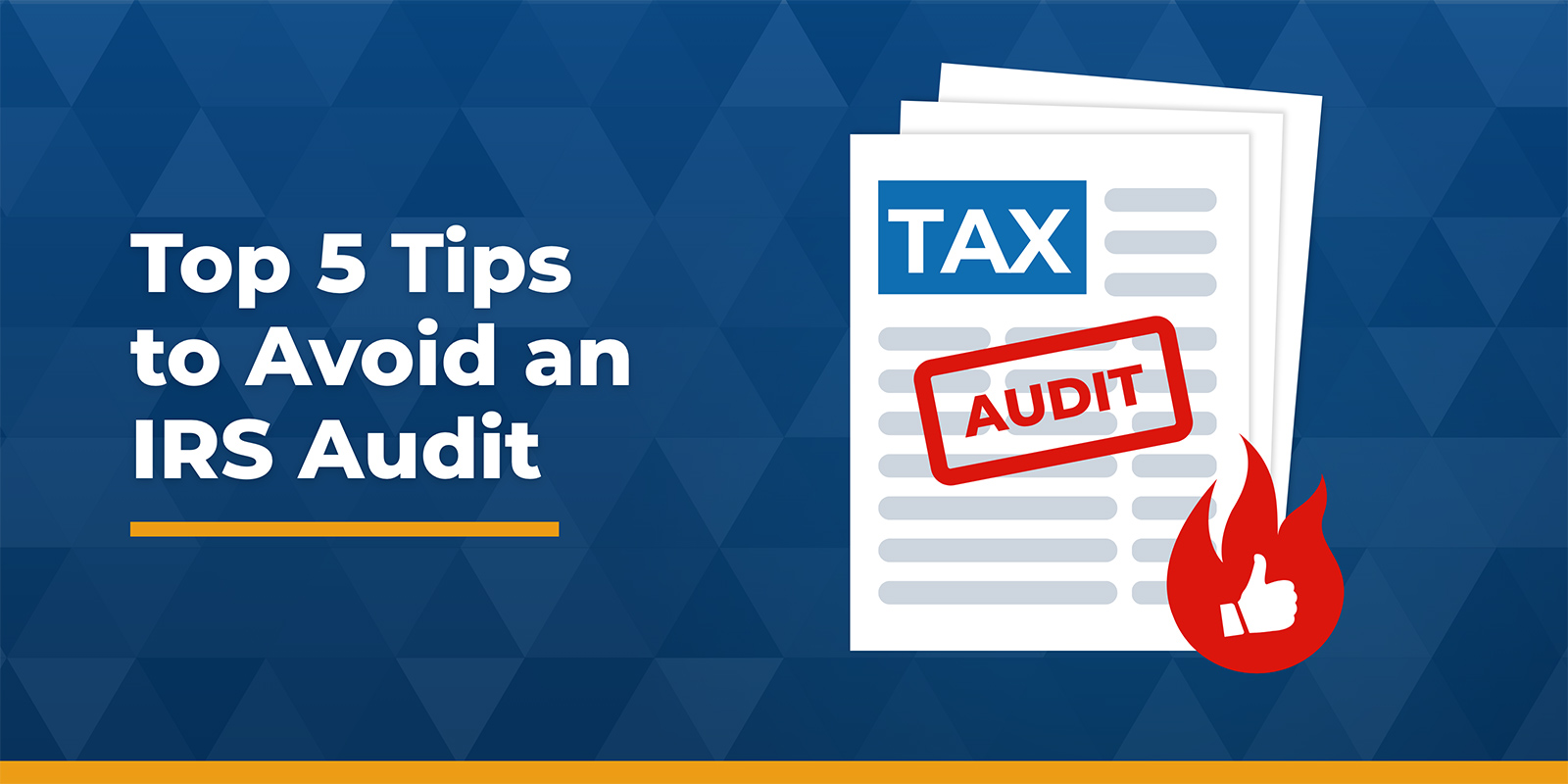
Top 5 Tips to Avoid an IRS Audit in 2025
The IRS is now relying on automation and advanced analytics to spot tax issues. This means more targeted audit, especially for certain groups.

The IRS is Auditing My Crypto. Now What?
As digital currencies like Bitcoin, Ethereum, and others gain mainstream acceptance, they have also attracted the attention of the IRS. Failure to report them accurately can result in an IRS audit.
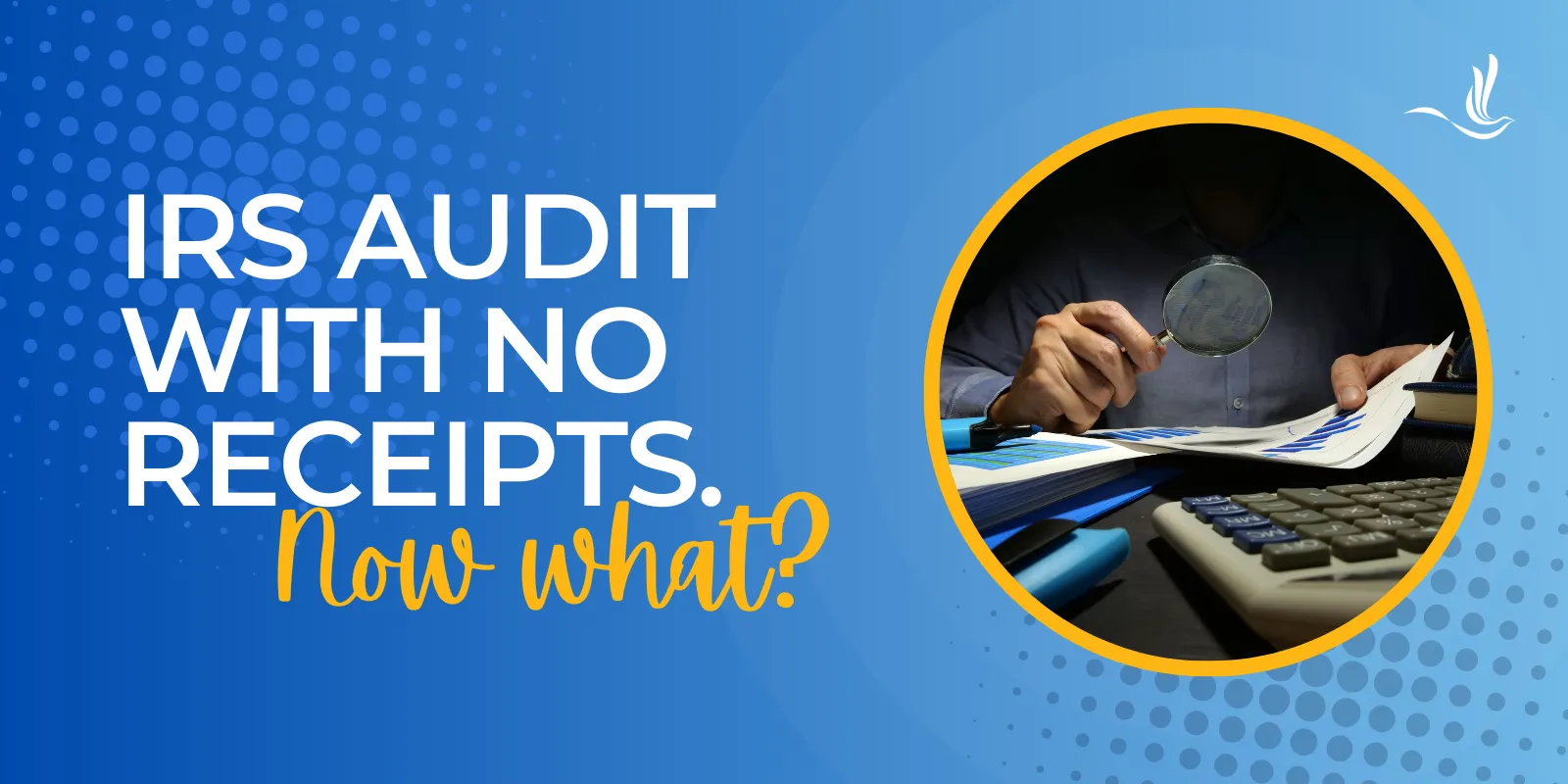
IRS Audits with No Receipts. Now What?
Facing an IRS audit can be stressful, especially if you lack the receipts to back up your deductions or claims. Here’s a detailed guide on how to navigate this challenging situation with specific examples.
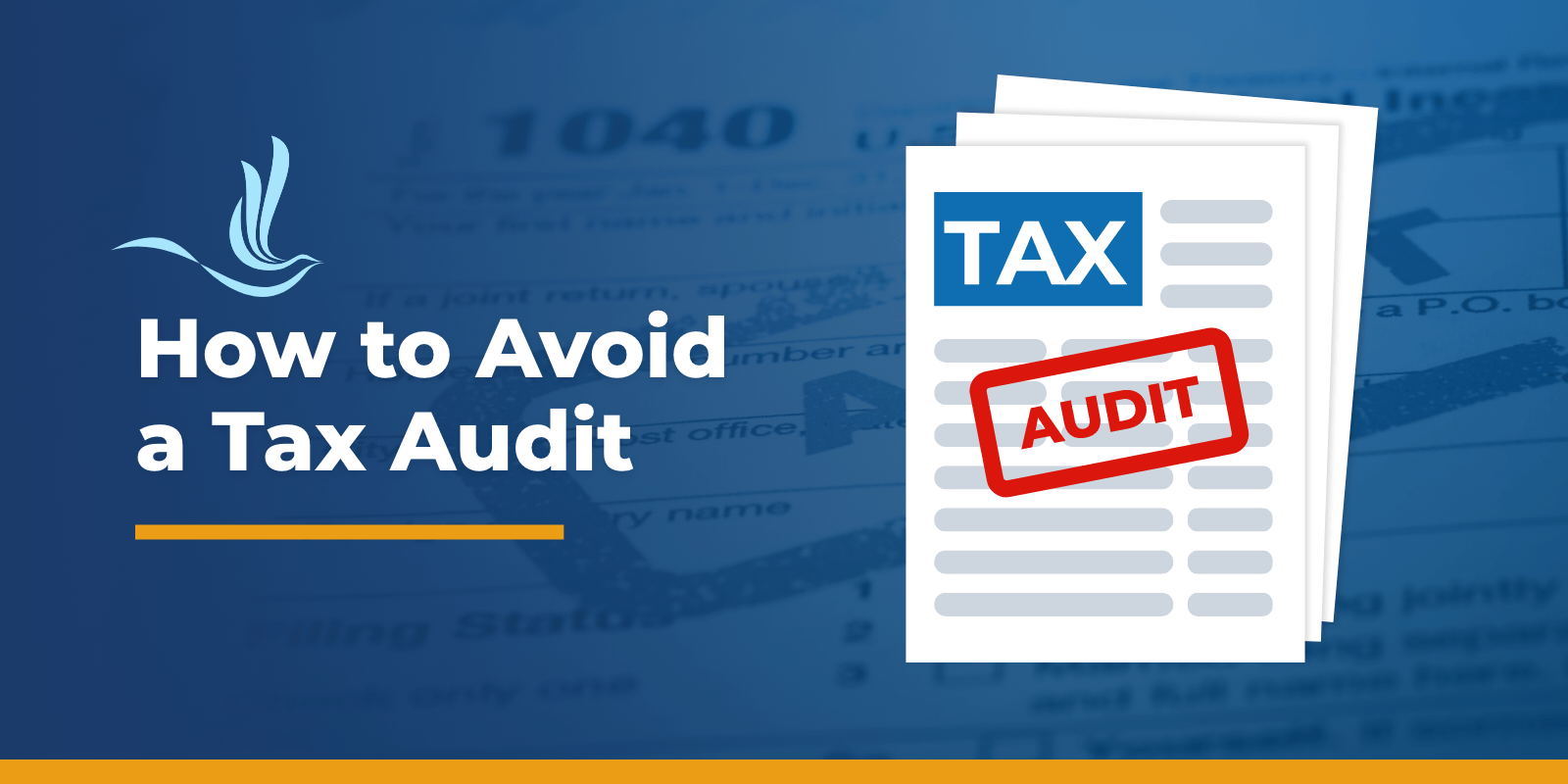
Ask Phil: Top Tips to Avoid IRS Audits
Optima Tax Relief’s Lead Tax Attorney and Chief Tax Officer, Philip Hwang, discusses his five top tips for how to avoid an IRS audit, drawing on his years of experience helping taxpayers navigate the audit process.
Let Optima Tax Relief Help
Call 1-800-536-0734 for a free consultation.
Let Optima Tax Relief Help
Call 1-800-536-0734 for a free consultation.